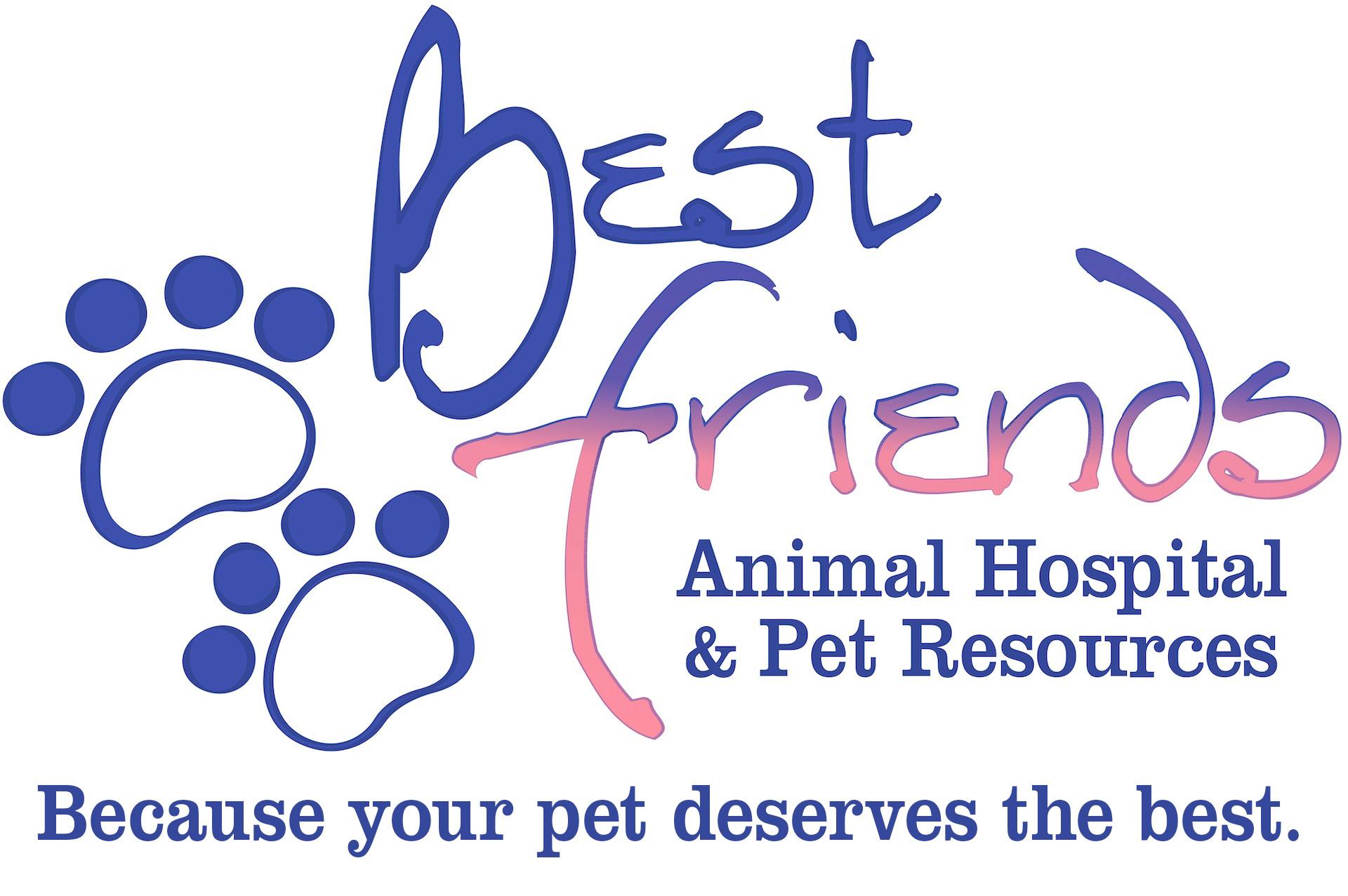Library
-
Despite its droopy visage, the joyful Basset Hound is a good-natured, loving dog that plays well with children and is happy most of the time with everyone in its family, including the cat.
-
The Beagle is a sociable, easy-going individual who enjoys meeting anyone and everyone – especially children and other dogs. That said, the breed does have an independent streak, and any self-respecting Beagle is inevitably at the mercy of his nose.
-
The Bearded Collie just loves life. He is an active, shaggy dog with an effervescent personality, always ready to join his people in any activity.
-
If they are well looked after, including proper diet and husbandry, bearded dragons are reasonably hardy animals. Common health conditions of pet bearded dragons include CANV, atadenovirus, metabolic bone disease, parasites, infectious stomatitis (mouth rot), and respiratory infections. Any change from normal is cause for concern and should be immediately evaluated by your veterinarian.
-
Bearded dragons have specific environmental requirements to thrive as our pets. This handout outlines their housing needs, including enclosure size, appropriate bedding, preferred accessories, and necessary lighting and temperature control.
-
Bearded dragons are well-known small to medium-sized lizards. They are currently considered one of the most popular pet lizards for all ages. Owners often refer to their pets as 'beardies'. This handout explains how they differ from other pets and provides tips for selecting a healthy beardie to keep as your pet.
-
Bearded dragons are susceptible to several health problems; understanding them will help you prevent them from occurring in your pet and know when to seek veterinary attention. Problems described in this handout include salmonellosis, avascular necrosis, tail rot, abscesses, and dystocia (egg binging).
-
The bearded dragon is a popular small- to medium-sized pet lizard. Bearded dragons are omnivorous, meaning they eat both plant and animal-based foods, including insects. They should consume a diet that is 50% insects and 50% green leafy vegetables. This handout is a general guide for feeding pet bearded dragons a nutritious and balanced diet.
-
The Beauceron is alert, courageous, and loyal, making him an ideal family guardian. He's also eager to please and extremely intelligent, gifted at any task involving learning, memory, and reasoning.
-
Anyone can see why the Bedlington Terrier is called the "little lamb dog." That gentle manner, that lamb-soft coat, those tasseled ears... adorably affectionate and sweet, the Bedlington is the perfect combination of a loving and devoted family pet and a fiery, brave-hearted terrier that can run like the wind on the hunt or defend himself with lion-like courage if provoked.


